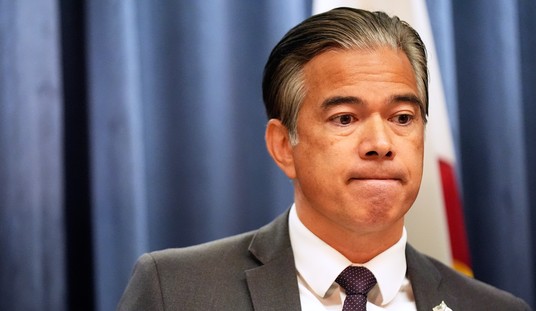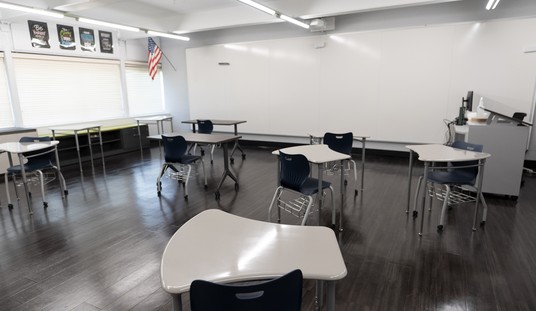The moral of this story seems to be: Not every regulation put in place by the FDA is worse than the alternative. Ten days ago, the agency put out a warning to health care providers about using any of the new antibody tests coming on the market with their forbearance, if not their approval. Those warnings seem to have been prophetic, because many of them are turning out to be useless, Politico reports — or worse than useless, perhaps:
Normally, the FDA does its own quality check before allowing tests on the market. Agency leaders have said they tried to create more flexibility for makers of antibody tests to help inform discussions about when people can safely return to work and school, and to identify survivors whose antibody-rich blood could help treat the sick.
But many of the tests available now aren’t accurate enough for such purposes. Some are giving too many false positive results, which could mislead some people into thinking they have already been infected.
The problem has gotten so bad that the New York City Health Department warned health providers last week against using the tests to determine whether someone is infected with the coronavirus or has developed immunity through previous exposure.
Public health experts say the FDA shouldn’t have waived its reviews of antibody tests and are calling on it to crack down. To date, the FDA has granted a formal emergency use authorization, in which it reviews data from manufacturers, to just seven of the tests.
Seven authorizations? More than 150 antibody tests are coming onto the market right now. If you’re looking at buying one of them, you have a 95% chance of getting one the FDA hasn’t authorized. My own health-care provider warned me about this when I asked late last week about getting tested. Most of them are “scams,” to use the clinic’s term when they advised me not to do this on my own. (Right now they’re still focusing on the symptomatic and contact-tracing potential cases in Minnesota.)
Does that make them worse than useless? Yes indeed. FDA testing and approval processes are designed to avoid widespread false results in testing for a reason. The agency waived those requirements in an understandable attempt to promote innovation and speed successful testing to market, after the CDC failed to produce its own test in the beginning of the pandemic.
The problem is that a bad test is not an inert act. If these antibody tests produce false positives for antibodies, then people will falsely assume they’ve been exposed to COVID-19 and are now immune. That would lead them to take more risks, which could then accelerate their acquisition of the virus and spread it further and faster before they become symptomatic. It’s worse than false negatives on an antibody test, as those would tend to only caution the consumer to bolster social-distancing protocols.
This University of Minnesota researcher called the testing market “the Wild Wild West,” and that “we’re missing the mark in a big way right now”:
WATCH: Dr. Michael Osterholm says COVID-19 testing is in crisis right now. #MTP #IfItsSunday
Dr. Osterholm: “The FDA has all but given up its oversight responsibility for the tests we have on the market. Many of them are nothing short of a disaster. ” pic.twitter.com/MAXySI9q5D
— Meet the Press (@MeetThePress) April 26, 2020
Finally, one has to wonder exactly how much value antibody testing has in the first place. Researchers need the data to see how far the virus has actually spread, but there’s no evidence yet that antibodies confer immunity. There isn’t any evidence it doesn’t either, but until we know what antibodies actually mean, there’s not much value in paying for a test that might not be accurate anyway. In fact, we’re seeing some evidence that even the viral-ID testing is having problems with false negatives, as CBS suggests below.
We might have a wild-goose chase in the Wild Wild West. It might be time to slow down and redirect innovation in a more productive manner.
A new @WHO #coronavirus report says there is no evidence yet that people who have had COVID-19 will not get a second infection.
Ahead on @CBS, @drtaranarula spoke with a Colorado nurse practitioner who tested positive, then negative, then positive again for the virus. pic.twitter.com/pqcagu9UtQ
— CBS News (@CBSNews) April 27, 2020








